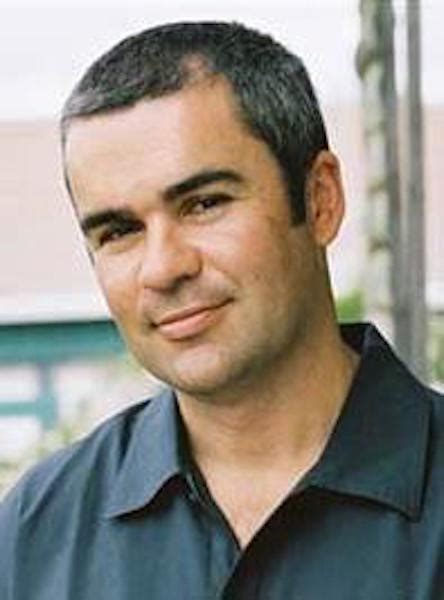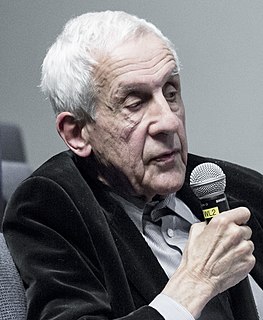A Quote by Seyyed Hossein Nasr
Militarily, the great movements of resistance against colonial powers in the 18th and 19th century were almost all from Sufis: Imam Shamil in Caucasia, Amir Abd al Qadir in Algeria, The Barelvi family in the modern province of India, today which is Pakistan, and you can go down the line.
Related Quotes
The real concern is that Iran would do what Pakistan did. Pakistan wanted nuclear weapons, like Iran, purely for defensive reasons - to defend itself against India. The problem was that once Pakistan acquired the weapons, it allowed the country to be more aggressive. So they stepped up their support for the Kashmiri terrorists, and it led very quickly to the Kargil crisis in 2000, which almost sparked a nuclear war between India and Pakistan.
During the 19th century, Britain fought two wars in unsuccessful attempts to subjugate the Afghans. When Britain finally drew a border between India and Afghanistan in 1893, Pashtun tribes in southern Afghanistan were cut off from related tribes across the border in what was then India and is now Pakistan.
I think he's [Louis Brandeis] a great model for progressive justices today who want to answer the originalists. It's not that the original paradigm cases are irrelevant, but you have to focus on the values the framers were trying to protect, not on the means with which those values were invaded in the 18th century.
Although the stories are very present in my book, and very present in my mind, what I was most interested in was the question of why it had attracted such a following in the 18th Century. It's less mysterious that it attracted a following in the Romantic period, and in the 19th Century, but the early 18th Century when the Rationalists fell in love with it...that was mysterious. What I wanted to look at was the forms of enchantment.
Look at Senegal, about 90% of the Muslims in Senegal are Tijani or Qadiri Sufis. Among them, they have very great teachers who have written poems about al-Hallaj, and they have not been killed. In fact, it's Sufism that brought Islam through all of Senegal, right under our noses the last couple of centuries. And you can go down the same line through Indonesia and Malaysia.































